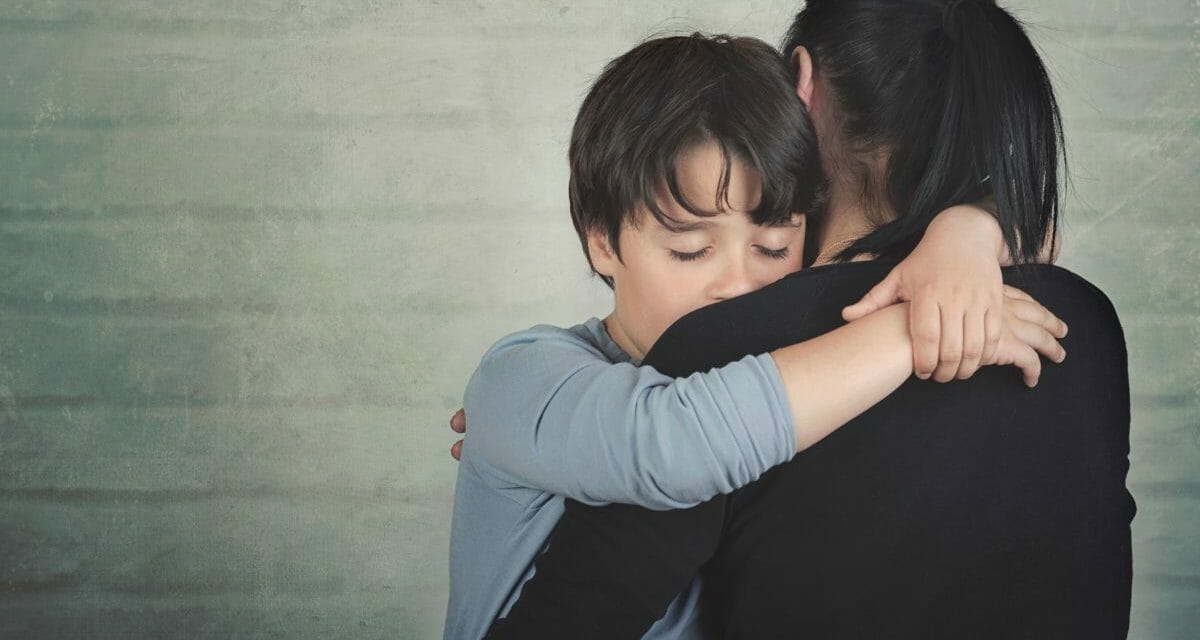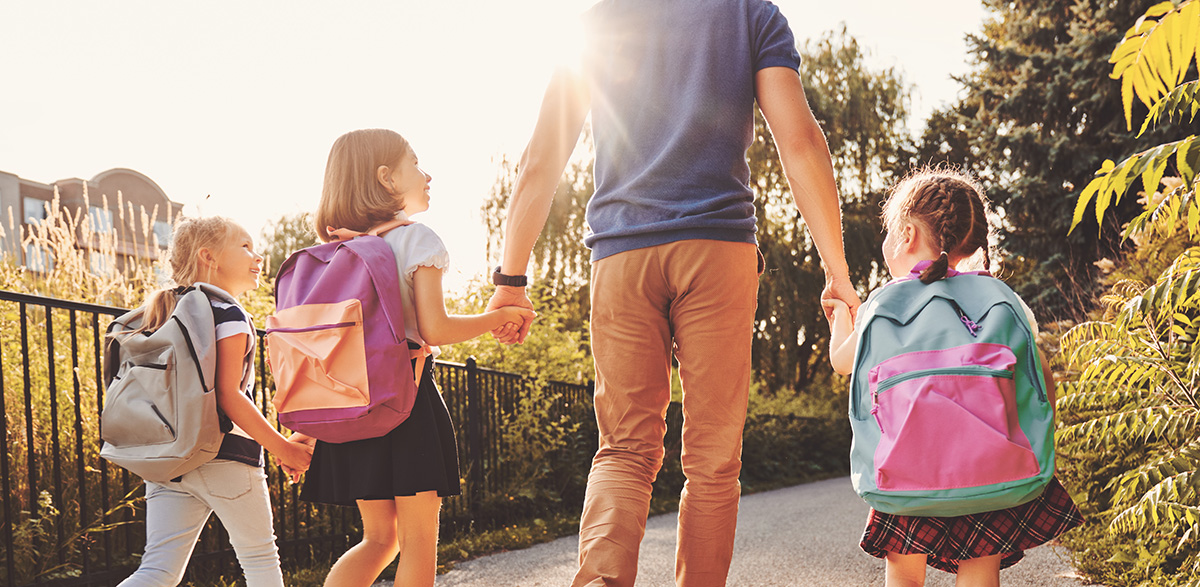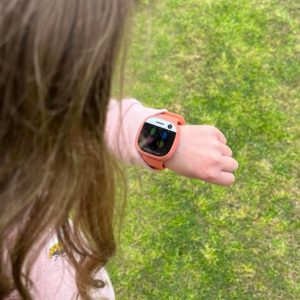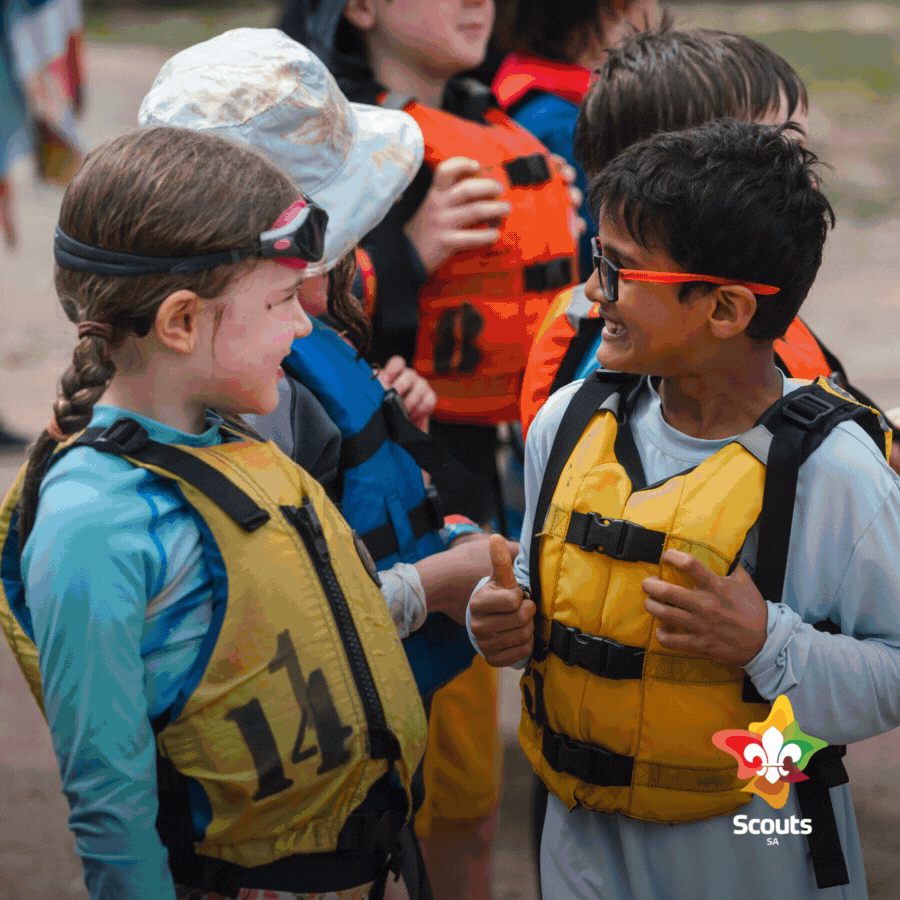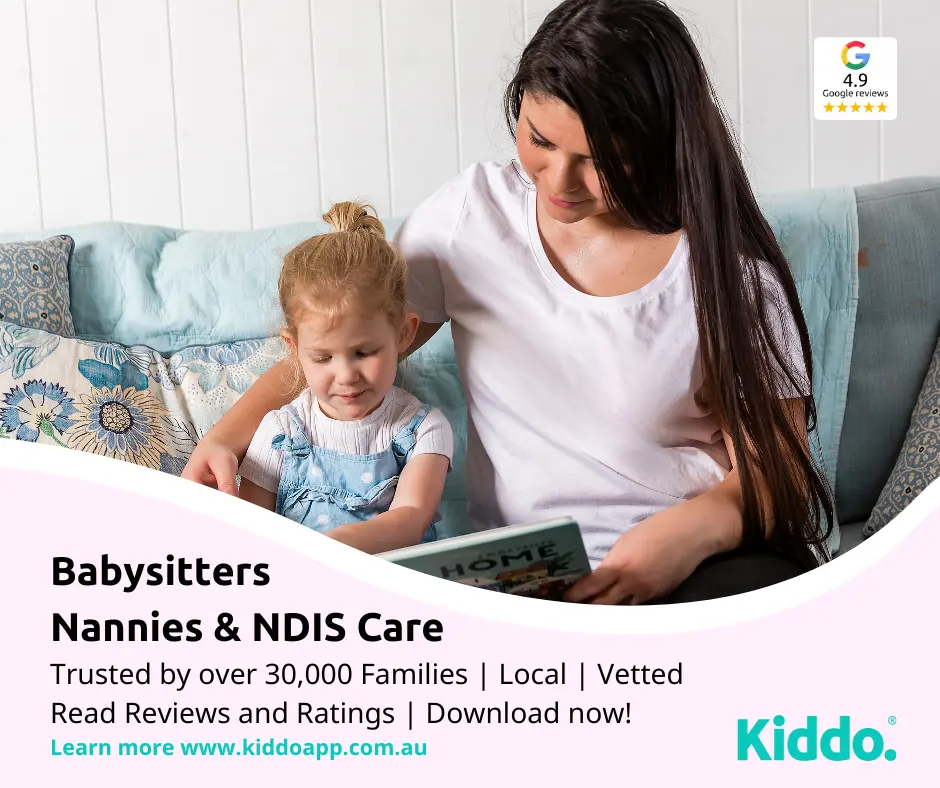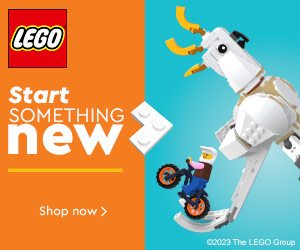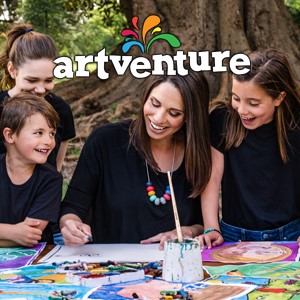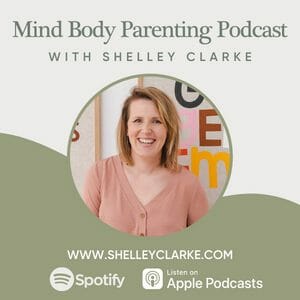Child anxiety can start very early in a child’s development with foundation and primary school being a vital time to start learning coping skills.
According to psychologist and former teacher, Michael Hawton, we need to start early in the trajectory of children development of anxious habits, before these habits become engrained.
While a small proportion of anxiety is the result of temperament or genetic factors, most child anxiety is made worse or better as a result of the interactions the child has with significant adults across time. These interactions are the formative conversations and reactions between key adults and children, where anxiety gets worse or is resolved.
The simple message is that if you change the interactions, you can reduce the anxiety.
Hawton says that the research in this area is showing that children mostly learn anxious behaviour (avoiding and not having-a-go) and anxious talking (using words and phrases that don’t fit with what’s ‘objectively’ occurring) like naming something as ‘traumatising’ when it’s just challenging.
It’s not all down to parents that children can be prone to pick up anxious habits. “Children are sometimes learning anxiety from the way that schools and even some mental health professionals may be accommodating children’s anxiety”, Hawton says.
Many people lack confidence to challenge children about their anxiety and so they tend to back off or they inadvertently solve problems (on the child’s behalf) or because they don’t want the drama.
But there’s a middle path between backing off and helping children to develop their capacity to manage life stressors and challenges. “We want our children to face life’s stressors and challenges so that they get better skills at managing their anxiety. Once children know what they are capable of, they can transfer that learning to future events and challenges”, Hawton says.
“When it comes to treatment, we know what works,” he adds. “A cognitive behavioural therapy approach is the only evidence-based approach that we have.” Parents can play their part in helping their child to become more resilient (which Hawton says is the flip side of anxiety).
Significant adults can help children to deal with mental health struggles. The Anxiety Coach gives parents a method for being their child’s trainer to overcome their anxiety. The book helps parents to learn ‘seemingly modest’ skills which will make important differences to how children develop mental strength. Hawton says there are very few books on the shelves which translate in cognitive behavioural skills into a user-friendly form so that key adults to confidently respond to a child who may be displaying anxiety.
Here are Michael Hawton’s three tips as your children return to school:
- When your child shows they are anxious, don’t immediately jump in to fix it for them. Control your own compulsion to take away their struggle from them. Acknowledge how they are feeling and then talk to with them about how they can problem-solve their way through the worrying experience they are facing.
- Work out what to do by way of scaffolding their thinking-through the issue at hand. Ask curious questions like, “If by some miracle you did a great job of giving your talk to the class, what are the steps you’d have to take to make that happen?”
- Teach them simple self-calming and grounding techniques to help them to ‘return-to-calm’. In the book, there are three simple calming techniques that can be taught to children.
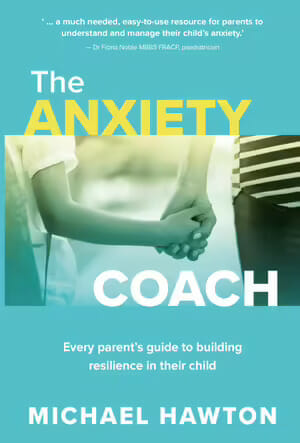
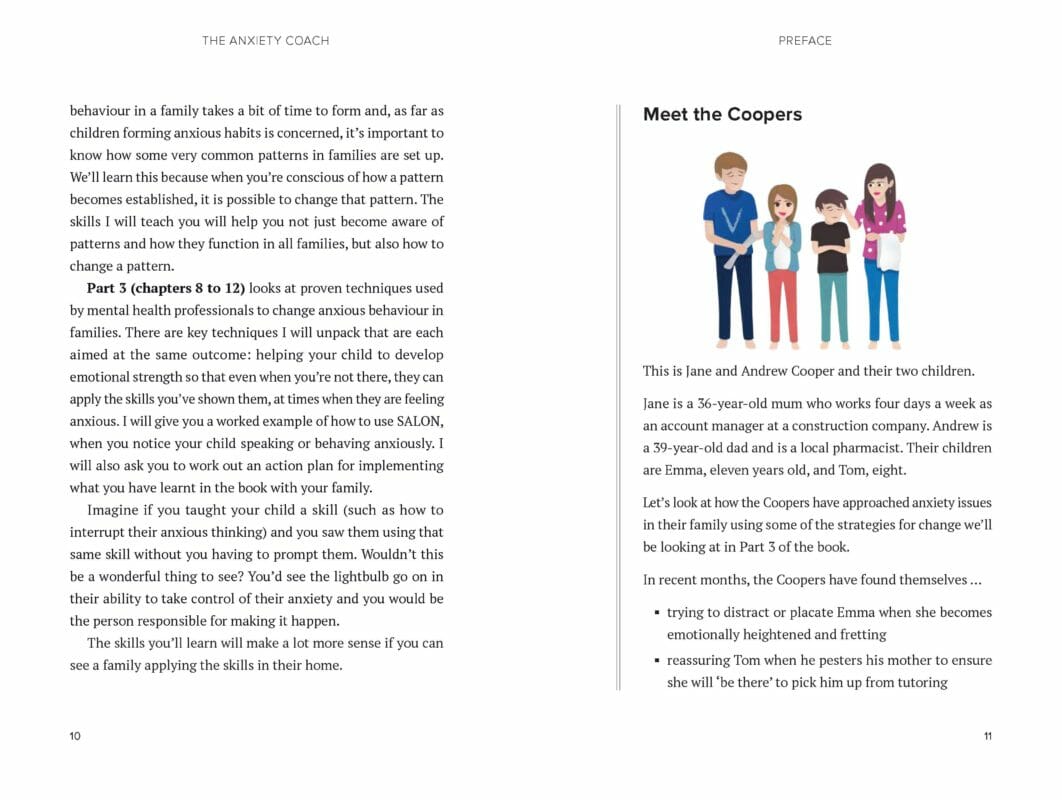
Michael Hawton’s new book, The Anxiety Coach, is available online at exislepublishing.com/product/the-anxiety-coach (use code adelaidekids for 20% off) or at your local book store.







